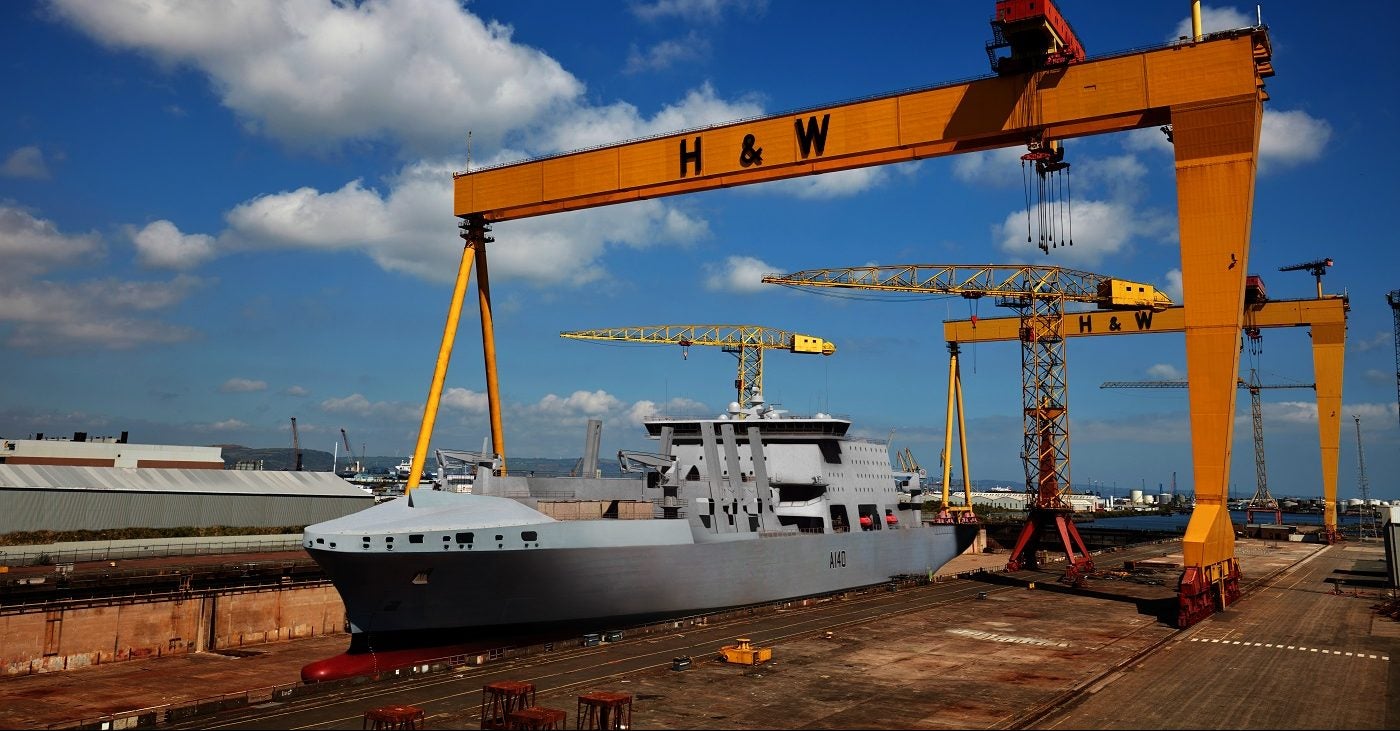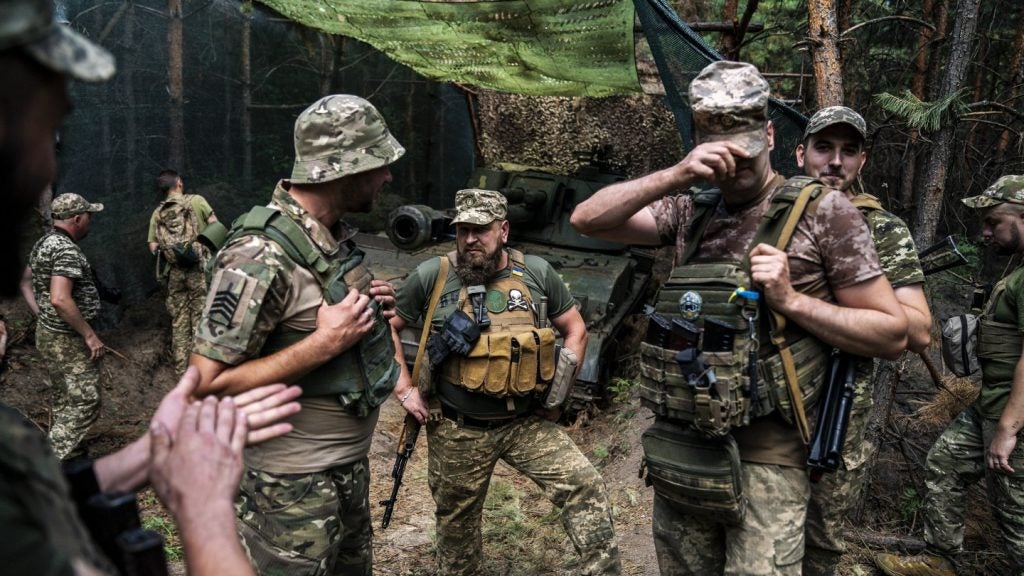
The Ministry of Defence (MOD) in the past refused to call the vessels warships, which allowed for the vessels to be built overseas similar to the procurement of the UK’s MARS Tide-class tankers.
Due to national security concerns, vessels designated as warships must be built in the UK. Procurement of the vessels is estimated to be worth up to £1.5bn.
Speaking in Parliament, Wallace said: “I intend to announce the procurement timetable for these warships in due course, after market testing has completed. We intend to encourage international partners to work alongside UK firms to bid, which will build on the success of Type 31.”
A source confirmed to Naval Technology that Wallace did not misspeak when he called the vessels ‘warships’.
Commenting on Wallace’s remarks, GMB National Officer and CSEU Chair Ross Murdoch said: “It looks like the Government has finally acknowledged what GMB has always said – these are warships.
“There is no reason to now hide behind any treaty – they must be built in UK.”
How well do you really know your competitors?
Access the most comprehensive Company Profiles on the market, powered by GlobalData. Save hours of research. Gain competitive edge.

Thank you!
Your download email will arrive shortly
Not ready to buy yet? Download a free sample
We are confident about the unique quality of our Company Profiles. However, we want you to make the most beneficial decision for your business, so we offer a free sample that you can download by submitting the below form
By GlobalDataProcurement of the Fleet Solid Support Ships was suspended last year after the MOD said none of the bidders could comply with cost requirements. Last month, the MOD issued a ‘prior information notice’ for the ship’s procurement which re-floated concerns work on the ships could be sent abroad.
Wallace’s comments can be seen as a boost to two teams interested in building the ships, a UK Consortium, and a team led by Spanish-shipbuilder Navantia.
The UK consortium of Babcock, BAE Systems, Cammell Laird and Rolls-Royce bid for the original contract and is being backed by the trade union-affiliated Keep Britain Afloat campaign.
The Navantia, Infrastrata and BMT team – dubbed ‘Team Resolute – have agreed to partner on the work should a contract be awarded to the consortium. Infrastrata owns the Harland and Wolff shipyard in Belfast and recently announced it had acquired the historic Appledore Shipyard as well.
Confederation of Shipbuilding and Engineering Unions (CSEU) General Secretary Ian Waddell: “We have always said that these ships should be classified as warships. They are armed and support the Carrier Strike Group in combat operations. Our competitor countries
classify their tanker craft as warships and recognise them as being vital part of their strategic capability.
“The UK should do the same in order to maintain the skills to design build and maintain the fleet as well as safeguarding thousands of jobs and pumping over £1bn into our regions to get the economy up and running again.”
On multiple occasions in Parliament, Defence Ministers have said that the ships were not ‘ ‘warships’ including in 2018 when then Defence Minister Stuart Andrew said: “As I have said on many occasions, the fleet solid support ships are not classed as warships.
“There is no compelling national security reason to consider UK shipbuilding capacity as part of that procurement, but we are working very closely with industry because we want it to become very competitive so that it not only attempts to win those contracts but is more successful with other contracts from around the world.”
The vessels are seen as vital to the UK’s plans for Carrier Strike groups and will keep the UK’s two Queen-Elizabeth aircraft carriers, as well as other Royal Navy ships, stocked with stores while at sea.
Waddell added: “There is absolutely no need for an international competition of any shape or form as we have the full capability in the UK as we demonstrated with the aircraft carriers themselves”.
“Any plan for the FSS must include work for every shipyard in the UK to maintain the skills base and workforce built up to deliver the carrier and act as a bridge to the next tranche of naval ships set out in the national shipbuilding strategy. Doing so will put the UK shipbuilding industry in the unique position of having work for the next 50 years.”
Earlier this month, Prospect Union Deputy General Secretary Garry Graham warned Parliament’s defence select committee that it would be ‘economically and industrially illiterate’ to build the Royal Fleet Auxiliary’s new Fleet Solid Support ships abroad.
During the hearing, Graham said: “The issue of FSS has become – quite rightly – totemic in people’s eyes. Certainly, I cannot imagine other European nations and other major defence nations around the world making a similar decision.
“The potential decision to send FSS construction abroad is economically and industrially illiterate.”






